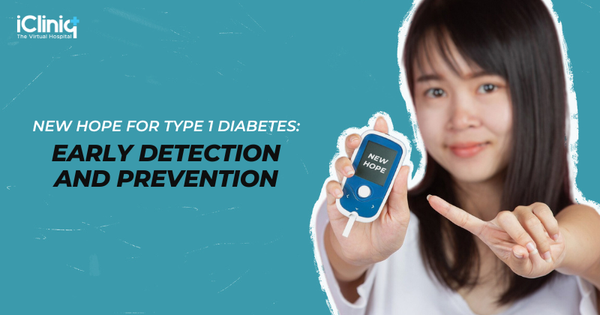AIDS: Are Your Worries Justifiable?

AIDS, or acquired immunodeficiency syndrome, is a life-threatening disease, sure enough. But the fear-mongerers do like building a good mountain out of a molehill until the truth is buried under hearsay and theories. The fear of AIDS is even more dangerous than the actual disease. Blinding lack of awareness and the volley of unauthorized and misleading information among communities have a lot to do with it. Moreover, people are uncomfortable talking about AIDS, which, on its own, makes living with the disease quite challenging.
1. AIDS, HIV – Same or Different?

Mention AIDS, and the mind automatically fills in the gap with ‘HIV.’ The reason you always hear the two used in conjunction – the causative organism of AIDS is HIV (human immunodeficiency virus). AIDS is considered a syndrome rather than a disease because it is a group of diseases. In simple terms, HIV is a virus that causes HIV infection, and if this infection is not treated, it can result in AIDS. When you let the HIV situation get far enough out of hand, it rewards you with AIDS, which means you get multiple diseases involving several organs in your body. Let this be a lesson to everyone that: HIV does not ensure that a person will get AIDS, and keep HIV under control if you want to avoid progressing to AIDS.
2. AIDS Vs Body – All-out War

The harm that HIV does to your immune system results in AIDS. HIV kills CD4 cells, also known as T cells, which are a crucial type of immune system cell that aids in infection protection. No CD4 cells, no infection protection; low CD4 count, less infection protection. It is as simple as that. When you are this low on immunity, you contract risky infections and become susceptible to AIDS. Furthermore, after the progression from an HIV infection to AIDS, the risk of death increases fourfold.
3. How Does One Contract HIV?

Body fluids like blood, breast milk, anal mucus, vaginal fluids, and semen are all carriers of HIV. The virus enters your body through cuts or sores on your skin as well as through mucous membranes, such as the inside of the vagina, rectum, and penis. The bright side – saliva does not spread HIV infection. So sharing food, kissing, or sharing utensils do not initiate a HIV party. Hugging, holding hands, coughing, or sneezing cannot cause the spread of HIV either. Neither can a mere toilet seat. What actually causes HIV to spread is unprotected vaginal or anal sex with an infected partner, accidental pricks from HIV-infected needles (used for tattooing, taking blood samples, piercing, or injecting drugs), the spread of infection from an infected mother to her baby, and accidental exposure of infected blood, semen, or vaginal fluids on open wounds or sores.
4. The Progression of Symptoms: From HIV to AIDS

You could have flu-like symptoms like fever, aches, and sickness for the first two to four weeks. However, most people who contract this infection feel perfectly healthy. The symptoms can take over ten years to manifest (longer for those on HIV medications). This means that you could be unaware of your HIV status even after you are infected, and you may transmit this virus to others.
When HIV turns into AIDS, you may develop a thick, white coating on the tongue or mouth, commonly known as oral thrush; other symptoms include sore throat, unexpected weight loss, frequent infections, extreme tiredness, skin lesions, chronic diarrhea, swollen lymph nodes, purple growths on the body or mouth, anxiety, depression, memory loss, lesions on the mouth, nose, anus, or genitals.
5. HIV Medications: Restoring Hope to Affected People

HIV cannot be cured; however, some medications can prolong a person’s lifespan and keep them healthy. Antiretroviral therapy (ART) is a combination of drugs that lessens the impact of HIV on your body and promotes long-term health. Additionally, it can reduce or even eliminate your risk of transmitting HIV to others. Taking these medicines in the earliest stages of HIV infection may even save you from ever contracting AIDS.

World AIDS Day falls on December 1. Knowing the facts, you could carry it forward and spread the word. Encourage people to get tested and learn about their preventive options. This December, let us come to the aid of AIDS fighters and help save lives. That is our kind of superhero.





